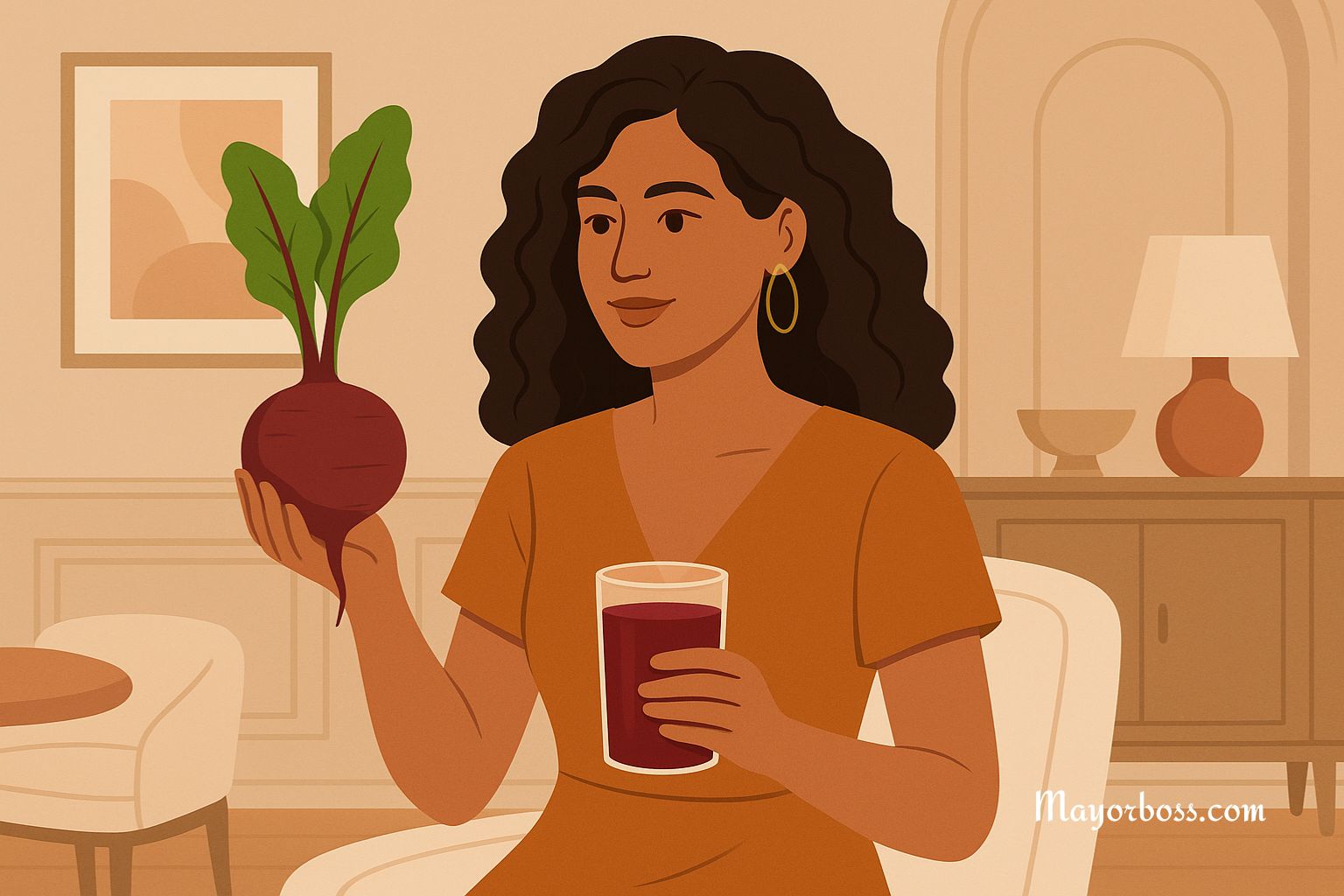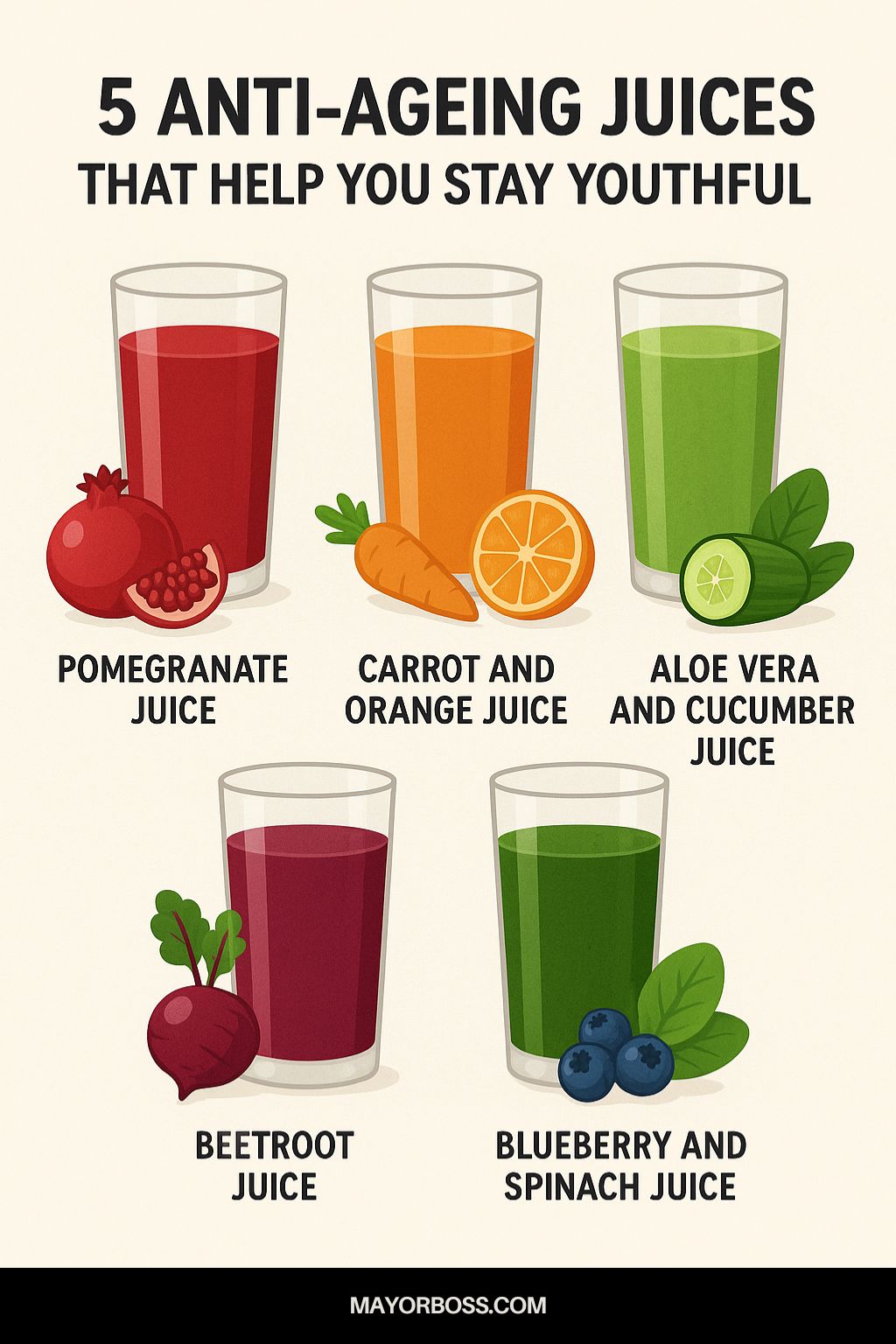How to Get the Nutrients You Need
Getting the right nutrients is crucial for your overall health and well-being. While it may seem overwhelming, you can follow some simple guidelines to ensure you’re eating a balanced diet. From diversifying your food choices to considering supplements, these strategies will help you meet your nutritional goals.
Why Nutrition Matters
So, why should you care about nutrients? They’re the building blocks your body needs to function correctly. From giving you energy to fighting off diseases, nutrients play a vital role. If you’re falling short, it’s time to take action.
Diversify Your Plate
You’ve probably heard the saying, “Variety is the spice of life.” Well, it’s also the key to a balanced diet. Different foods offer different nutrients. So, aim to include a range of food groups in your meals.
Fruits and Vegetables
Load up on colorful fruits and veggies. They provide essential vitamins and minerals, as well as fiber.
Proteins
Include lean meats, fish, and plant-based proteins like lentils and chickpeas. Proteins are crucial for building and repairing tissues.
Whole Grains
Swap out white bread for whole-grain options. Whole grains are a great source of fiber and other nutrients.
Simple Nutrition Guidelines: An Easy-to-Follow Table
| Simple Guideline | What It Means | Why It’s Important |
|---|---|---|
| Eat Fruits | Include at least 2-3 servings of fruits daily. | Fruits are rich in essential vitamins and fiber. |
| Limit Sugar | Avoid sugary drinks and high-sugar snacks. | Excess sugar can contribute to weight gain and other health issues. |
| Go Lean | Opt for lean proteins like chicken, turkey, and fish. | Lean proteins are lower in saturated fats. |
| Hydrate | Drink plenty of water throughout the day. | Hydration aids in digestion and nutrient absorption. |
| Moderation | Don’t overeat; listen to your body’s hunger and fullness cues. | Eating in moderation helps maintain a balanced diet and weight. |
This table breaks down some straightforward guidelines you can follow to make sure you’re on the right track nutrition-wise. Keep these tips in mind as you go about your day, and you’ll be well on your way to a healthier you.
Mind Your Portions
Eating too much of even a good thing can be problematic. So, it’s essential to watch your portion sizes. Use measuring tools or your hand as a guide to keep portions in check. This way, you’ll avoid overeating while still getting the nutrients you need.
Be Label-Savvy
Reading food labels can offer a wealth of information. Look for products that are low in added sugars, saturated fats, and sodium. On the flip side, seek out foods high in fiber, vitamins, and minerals.

Time It Right
When you eat is almost as important as what you eat. Try to have meals and snacks at regular intervals. Consistent eating times can help your body better absorb nutrients.
Consider Supplements Wisely
Sometimes, diet alone may not be enough, especially for people with specific health conditions. In such cases, supplements can be a useful addition.
Stay Hydrated
Water is often overlooked but is vital for nutrient absorption. Aim for at least eight cups a day, and more if you’re active or live in a hot climate.
Seek Professional Advice
If you’re struggling to meet your nutritional needs, it might be helpful to consult a registered dietitian. They can provide advice and help you set achievable goals.
Frequently Asked Questions
What Happens If I Don’t Get Enough Nutrients?
If you’re not getting the nutrients you need, your body will let you know. You might feel tired all the time, get sick more often, or even notice your hair and skin losing their luster. In the long run, nutrient deficiencies can contribute to more severe health issues like osteoporosis and anemia. So, it’s crucial to aim for a balanced diet filled with essential nutrients.
Can I Get All My Nutrients from Supplements?
While supplements can be a handy way to fill in the gaps, they shouldn’t replace a balanced diet. Whole foods offer a range of nutrients along with fiber and other beneficial compounds. Plus, it’s easier for your body to absorb nutrients from food. If you’re considering supplements, consult a healthcare professional for advice tailored to your needs.
How Can I Know If a Food Is Nutrient-Dense?
A nutrient-dense food is rich in vitamins, minerals, and other beneficial compounds without too many empty calories. Fruits, vegetables, lean meats, and whole grains are good examples. When shopping, look for foods that are close to their natural state. Reading food labels can also offer insights into a product’s nutrient content.
Is Drinking Water Really That Important for Nutrient Absorption?
Absolutely, staying hydrated is vital for your overall health and, specifically, for nutrient absorption. Water helps dissolve vitamins and minerals, making it easier for your body to use them. So, don’t skimp on water—aim for at least eight cups a day or more, depending on your activity level and the climate you live in.
Should I Consult a Professional for Nutritional Advice?
If you’re facing challenges in meeting your nutritional goals or have specific health concerns, consulting a registered dietitian can be beneficial. They can assess your dietary habits, help you identify areas for improvement, and provide you with a healthy plan.
Further Reading: How To Eat Healthy Food Every Day






